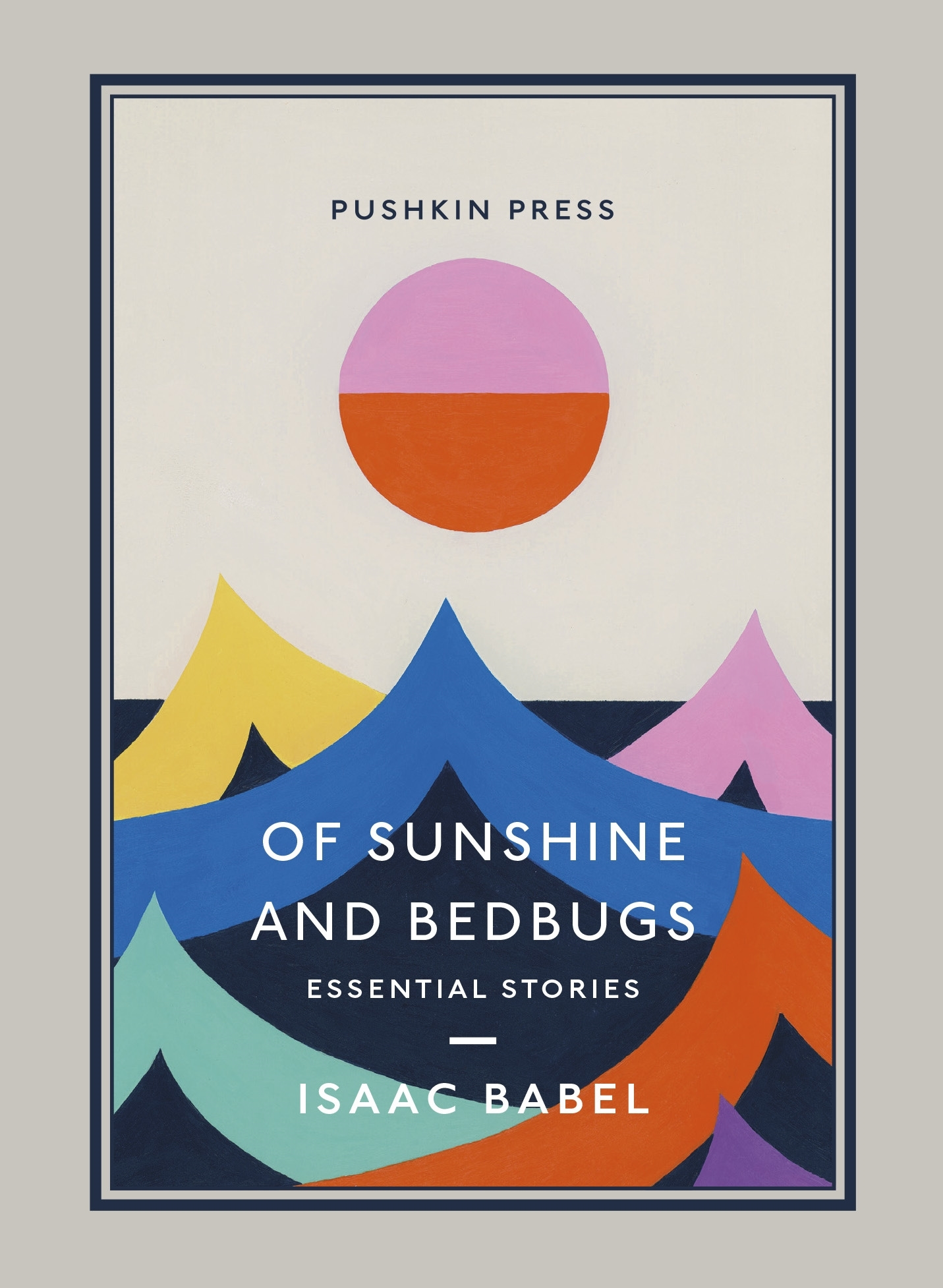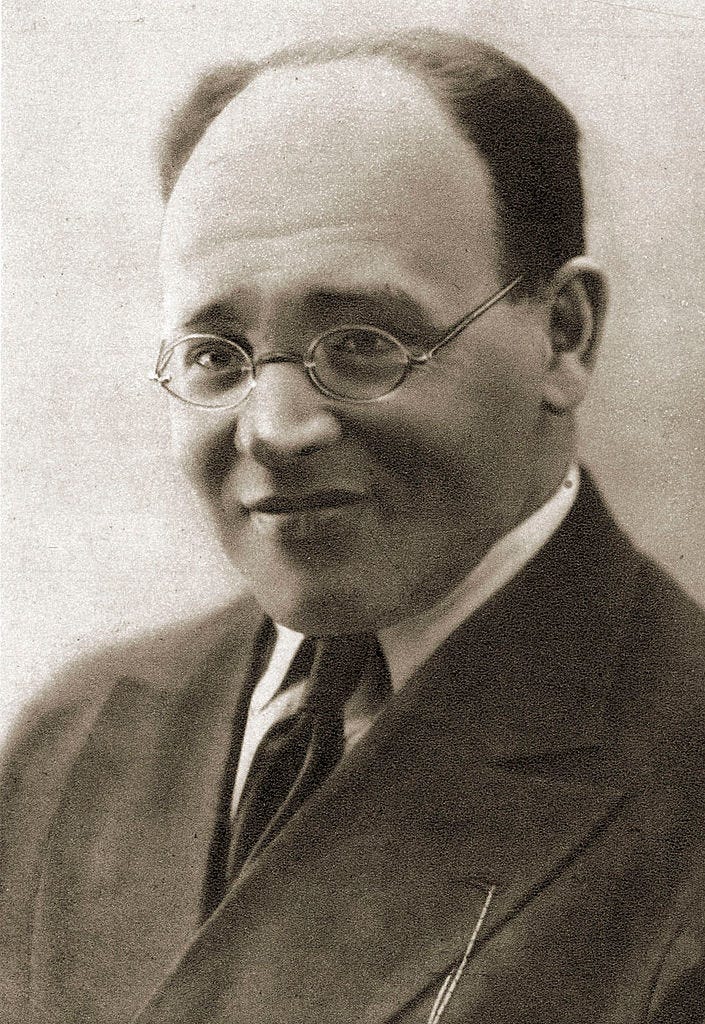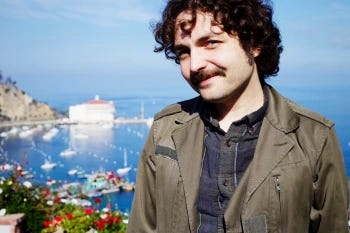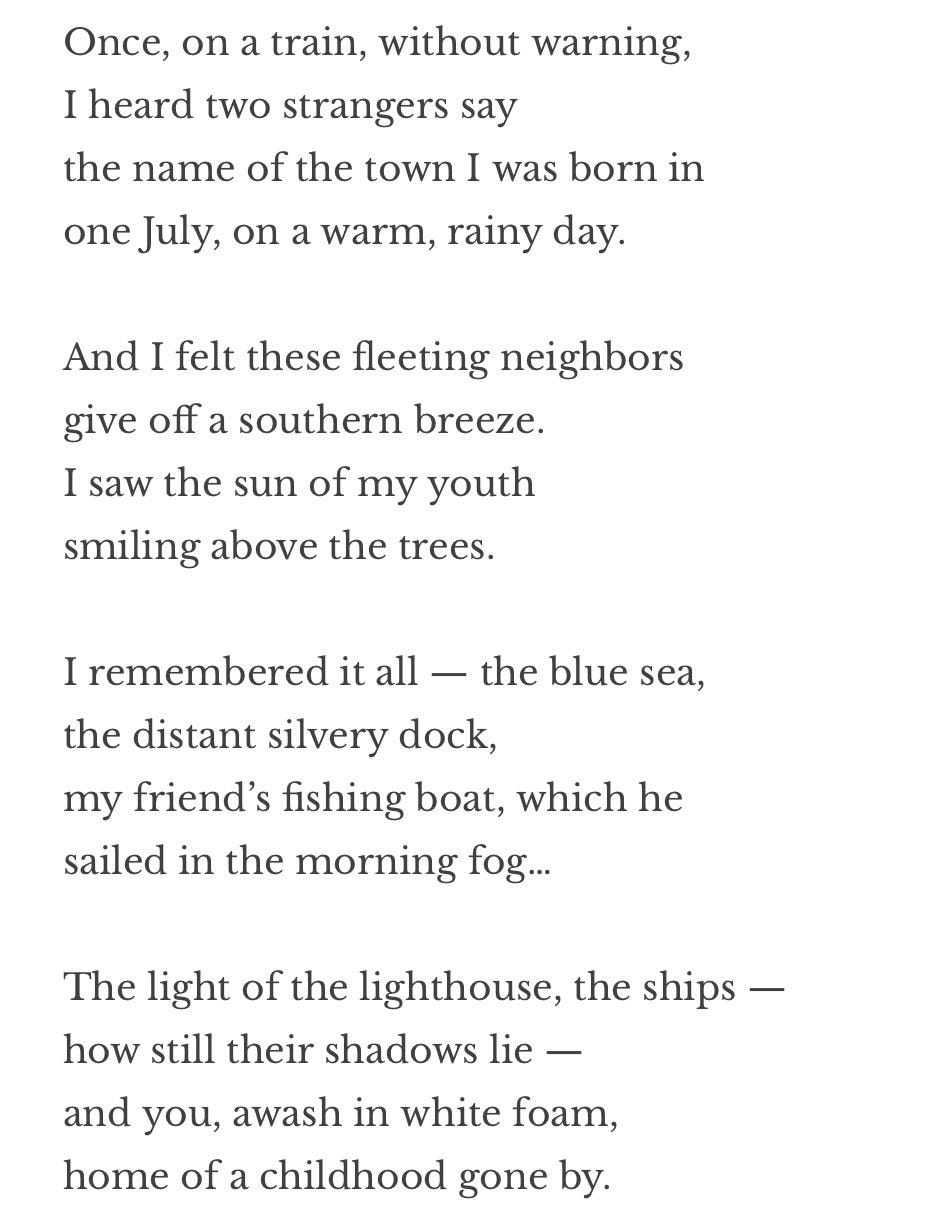{{Sorry for the silence from here - I had a little tech snafu. All should be well now…}}
Given world events, I thought it might be a good time to turn to this story, “My First Goose,” by Isaac Babel. I won’t say much about Babel or the story here, and, as with “The Stone Boy,” I’m going to disable the Comments so everyone gets a chance to spend some private time with the story before we discuss it.
The one background note that might be helpful is that the story is from a larger, legendary collection called Red Cavalry. In the story (which is set in the early 1920s) the narrator is what we would now call an “embedded journalist,” joining a group of Cossacks invading Poland, ostensibly to spread the Revolution. More to say about this later, but for now let’s just read it without too much backstory…
I want to thank the translator, Boris Dralyuk, and Pushkin Press, for sharing with us his wonderful translation of this story. Boris is a friend of mine and one of the best, most lively, important critical minds we have. I always love talking to him and come away inspired and full of renewed love for literature.
He is a literary translator, poet, and the Editor-in-Chief of the Los Angeles Review of Books. His work has also appeared in the Times Literary Supplement and the The New York Review of Books.
If you like the story and want to read more of Babel, please support Boris and Pushkin Press. “My First Goose” is also included in a new book, Of Sunshine and Bedbugs: Essential Stories of Isaac Babel, translated by Boris, forthcoming from Pushkin Press:
The pdf is below. Enjoy. (And be forewarned, or cautioned: it’s intense.)
This is Isaac Babel:
And this is Boris:
Like Babel, Boris is originally from Odessa. He recently wrote this on Twitter:
“After my last trip to my hometown, I translated a poem by a fellow Odessan, Semyon Olender. It expressed perfectly the feeling I had, the sense of childhood returned. Now I hear the name of my town in reports of shelling and advancing troops. I want people to see it as I do.”
And here’s the poem:
Thank you, Boris.









